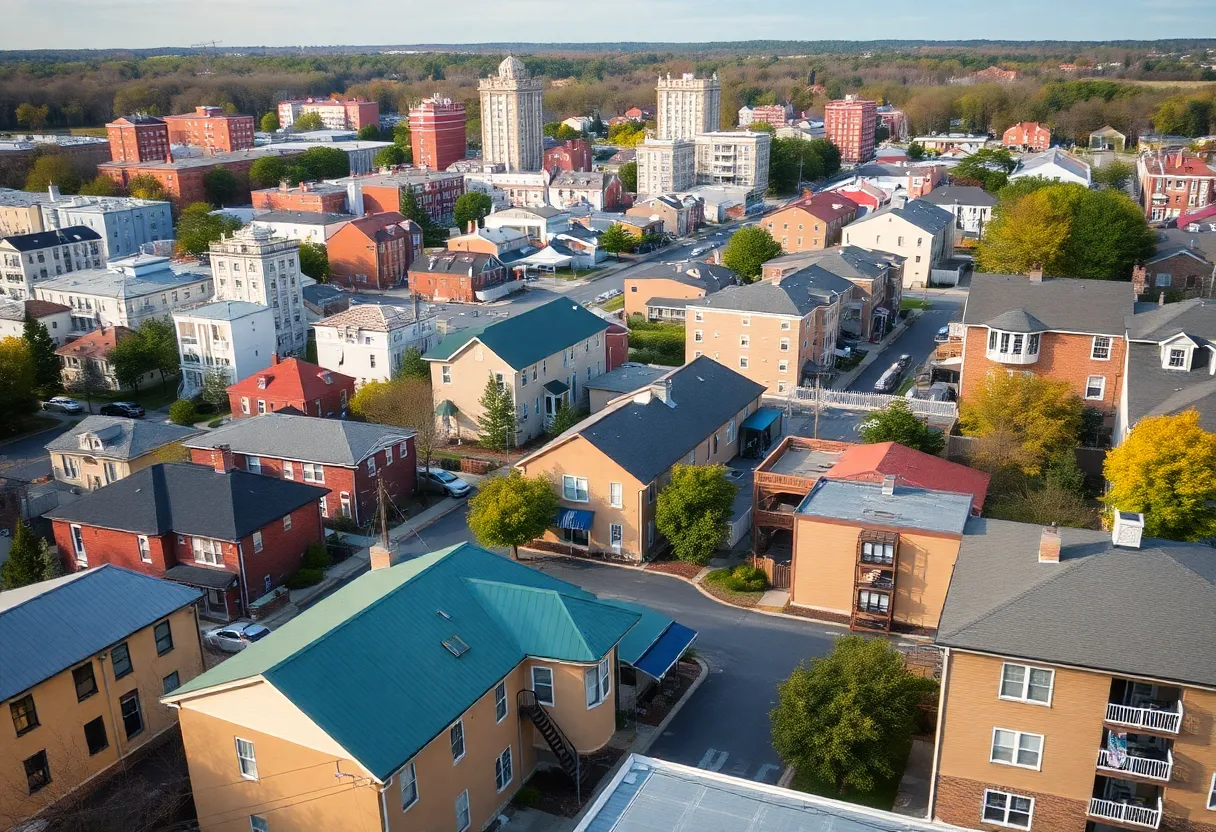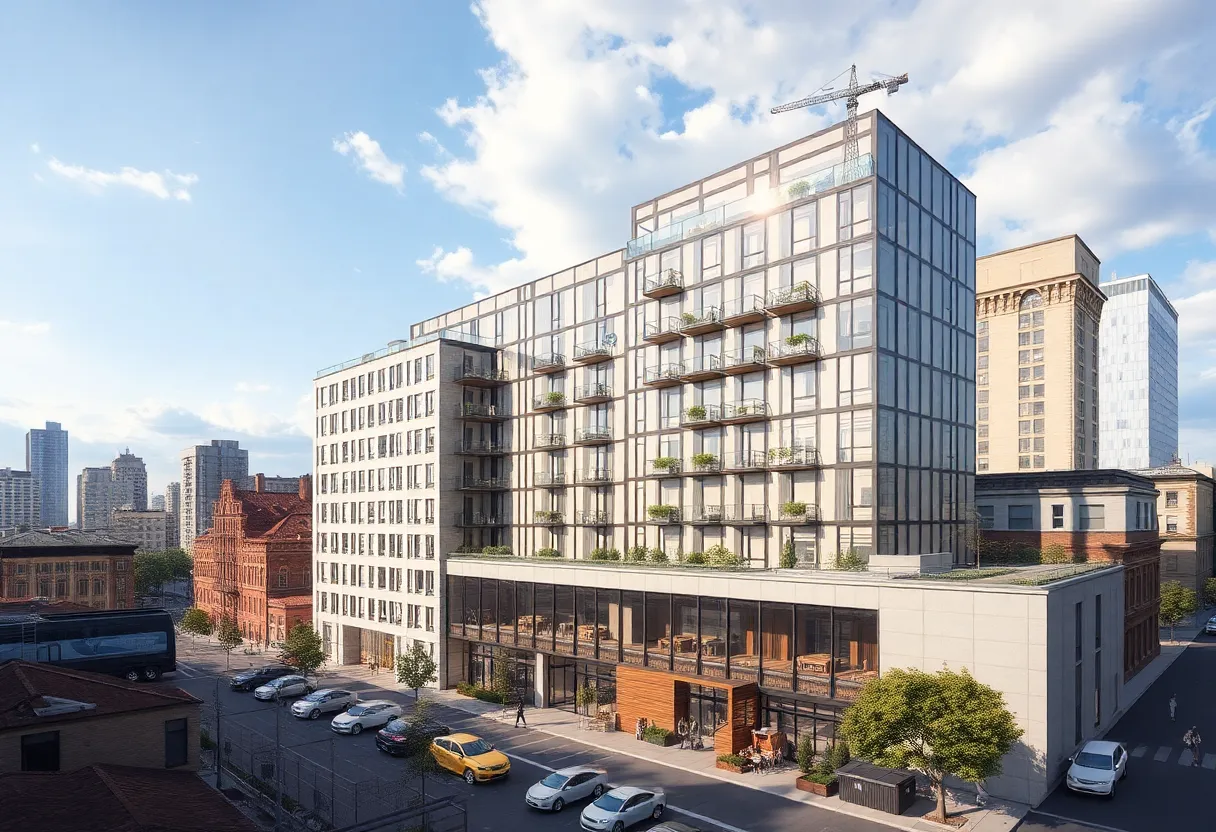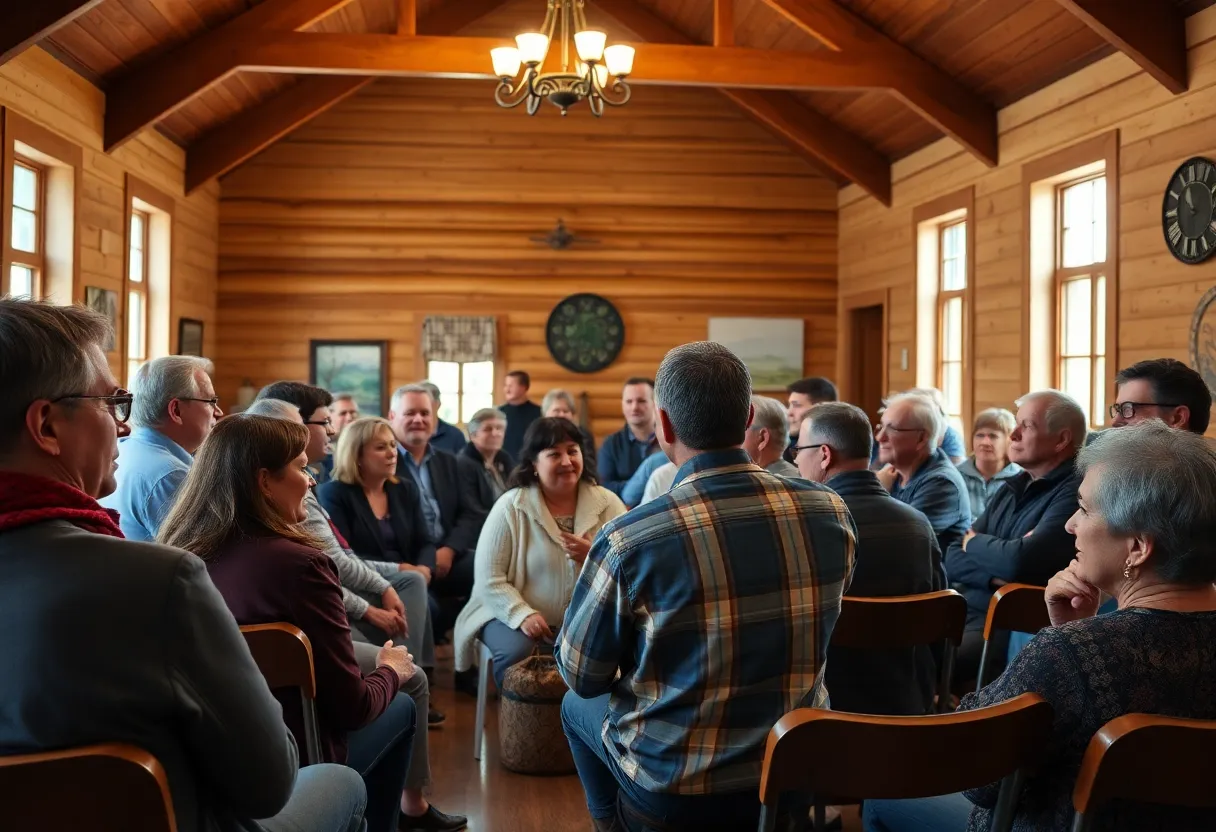News Summary
Virginia is facing a significant affordable housing crisis, with lawmakers grappling over proposed solutions to skyrocketing rent costs. As the state is predicted to have the third-highest rent increases in the nation, legislative discussions are revealing a divide among officials. Various proposals aim to simplify housing development and offer protections, yet challenges remain, including rising homelessness rates and a reported shortage of affordable units. A consensus at the state level is critical as advocates push for effective legislative action to support vulnerable residents.
Virginia Lawmakers Grapple with Affordable Housing Dilemma
As families across Virginia face the daunting reality of escalating rent costs, lawmakers in the state are stepping up to address the growing affordable housing crisis. Unfortunately, while there is a recognition of the urgent need for change, opinions about how to tackle the issue remain split down the middle.
In a rather unsettling forecast, Virginia is set to experience the third-highest rent increases in the nation this year. This staggering statistic only underscores the pressing nature of the problem, which has not only grabbed the attention of local lawmakers but also of federal leaders. From both Kamala Harris to Donald Trump, the conversation around affordable housing has turned into a hot topic on everyone’s lips.
Progress and Setbacks in Legislative Discussions
Recently, the Senate Committee on Local Government held a meeting where several housing-related bills were on the agenda. Some pieces of legislation took a step forward while others faced delay or outright defeat. For instance, a proposal from Senators Ghazala Hashmi and Kannan Srinivasan aims to simplify the process for churches and nonprofits, allowing them to develop affordable housing on their underused land. Representatives from various religious and interfaith groups have thrown in their support, expressing hope that this initiative could be a lifeline for those struggling under the weight of housing shortages.
Another notable initiative comes from Senator Jeremy McPike, whose proposal recently advanced after having been previously vetoed by Governor Glenn Youngkin. This ambitious bill would permit localities to utilize special tax credits for affordable housing projects. By encouraging local governments to create tailored programs that include incentives for developers to incorporate below-market-rate units, Virginia could see strides toward alleviating its affordability challenges.
Currently, many of the affordable housing efforts rely heavily on Low-Income Housing Tax Credits (LIHTC). However, only a handful of localities are capable of approving these projects. McPike’s bill seeks to empower all localities in Virginia—something that could potentially open the floodgates to much-needed housing developments.
Contentious Views and Competing Proposals
Interestingly, Governor Youngkin has publicly opposed McPike’s bill, arguing that it would lead to price controls detrimental to developer enthusiasm. The political tug-of-war continues with competing proposals on the table, such as one from Senator Jennifer Boysko. Her proposal seeks to provide localities with the authority to implement rent protections, ensuring landlords give two months’ notice before any rent hikes, and even placing caps on those increases.
In the discussion, Senator Saddam Salim has also introduced regulations for accessory dwelling units (ADUs). These versatile housing options have the potential to ease some of the housing strain, though this proposal is still undergoing the legislative process and requires additional consideration.
Meanwhile, some proposals aimed at increasing housing stock faced roadblocks. Senator Schuyler VanValkenburg put forth a couple of initiatives designed to push for growth in housing units and facilitate multifamily housing within commercial zones; unfortunately, these were defeated.
The Bigger Picture: Rising Homelessness and New Challenges
Virginia’s affordable housing crisis is not just a political issue; it resonates deeply within communities. Rising homelessness numbers and increasing eviction rates highlight the need for legislative support to not only prevent evictions but to also expand the stock of affordable housing. A recent report indicates that the state is short by approximately 40,000 affordable units to meet the current needs.
In Richmond, the urgency has been officially recognized, declaring a housing crisis due to insufficient inventory combined with soaring prices. In response, a flurry of proposals targeting lower-income housing developments has emerged, with at least 2,800 units put forward as potential solutions amid challenging financial landscapes that are currently unkind to market-rate developments.
Interestingly enough, developers are starting to see opportunities in affordable housing initiatives due to market conditions shifting. High interest rates have stalled market-rate construction, making the prospect of investing in affordable housing a more enticing venture now than ever.
On a broader spectrum, both local and statewide efforts are taking shape, supported by federal funds and city grants aimed at incentivizing the development of affordable housing. Nonetheless, the path forward is filled with complexities that include unclear regulations for ADUs, pushback against state-intervention by local lawmakers, and the need to balance varying income levels in housing policies.
As Virginia moves forward in tackling this crisis, the hope is that consensus and understanding will pave the way for effective solutions that genuinely support all residents in their quest for safe, affordable homes.
Deeper Dive: News & Info About This Topic
- Virginia Mercury: Housing Groups Look Ahead to 2025
- Google Search: Virginia housing crisis
- WRIC: Richmond Redevelopment and Housing Authority Opens Waitlist
- Wikipedia: Affordable housing
- Richmond BizSense: An Affordable Housing Boom in Richmond
- Encyclopedia Britannica: Housing
- Stacker: Cities with Fastest-Growing Home Prices in Virginia
- Google News: Affordable housing Virginia
- Housing Finance: Enterprise Community Development in Highland Park







